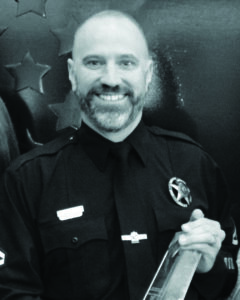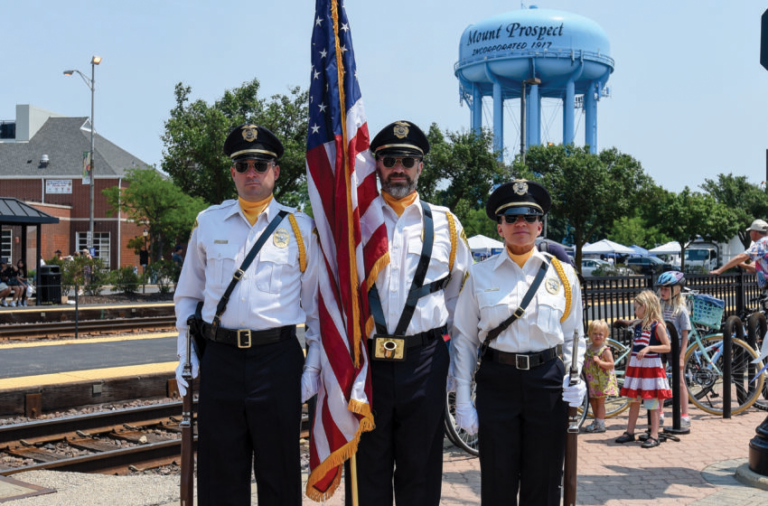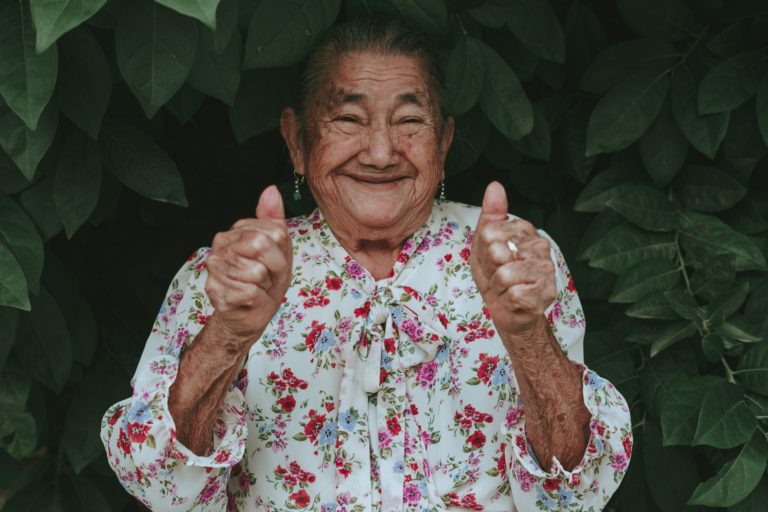
Cathy Cassata specializes in health, mental health, and human behavior. She connects with readers in an insightful and engaging way.
When a loved one passes away, recognizing their passions offers one way to honor their memory. For those who served in the military, arranging for an honor guard detail at their wake or funeral can do just that.
An honor guard is a member of the military who attends a veteran’s funeral or wake services. During the services, at least two honor guards are present, one of whom must represent the veteran’s service branch. They fold and present the United States burial flag to the next of kin and play the bugle call “Taps,” which traditionally signals lights out at the end of a military service day. Sometimes, a bugler plays the song; however, because there are so few buglers available, the military often provides an electronic recording.
The Department of Defense began the implementation plan for providing military funeral honors for eligible veterans in 2000. As of Jan. 1, 2000, Section 578 of Public Law 106-65 of the National Defense Authorization Act mandates that the United States Armed Forces shall provide the rendering of honors in a military funeral for any eligible veteran if requested by his or her family.
The intention is “[to] express deep gratitude for those who have served our nation,” says Eric Adams, chief of Fort Leonard Wood’s Casualty Assistance Office. The Casualty Assistance Program is part of the Department of Defense and ensures that military families have support and understand all benefits.
Who qualifies for an honor guard detail?
People who died while serving in the military were the first to be eligible for an honor guard detail at their services. Adams says the following now also qualify:
- Veterans who served in the active military, naval, or air service, and were discharged or released with an “honorable” or “under honorable conditions” discharge.
- Members or former members of the Selected Reserves who were discharged or released with an “honorable” or “under honorable conditions” discharge.
- Members of the Commissioned Officers Corps of the Public Health Service and National Oceanic and Atmospheric Administration.
- Certain civilian or contractual groups who have been given active-duty determinations, as they may have been named active-duty designees for the military, Navy, or the Department of the Air Force services.
How to arrange for an honor guard detail at a loved one’s funeral
Often, the funeral home providing services will make arrangements for families. However, Adams says family members of eligible deceased veterans may request military funeral honors by contacting the Casualty Assistance Center that services their state. You can also reach out to the appropriate military funeral honors coordinator listed in the Military Funeral Honors Directory.
To show proof that a loved one is eligible to have an honor guard detail, you need to provide a DD Form 214, “Certificate of Release or Discharge from Active Duty” or a discharge document showing honorable service. Obtain the DD Form 214 online at: archives.gov/veterans/military-service-records. You may also complete a Standard Form 180 at: archives.gov/veterans/military-service-records/standard-form-180.html.
If you can’t find proof of service, fill out the Military Records for Veterans Burial/Funeral Benefits Form to make an emergency request for expedited military records from the National Archives and Records Administration.
Police and fire honor guards
To honor their deceased members in a similar way to military, many police and fire departments also have honor guards. Like military honor guards, volunteers undergo training on the etiquette of marching steps, holding rifles, folding flags, and more.
They attend services for those lost in the line of duty, while working with the department, or in retirement. In rare cases, family members of police officers and firefighters may be honored.
Sean Curran, sergeant of the detective unit for the Highland Park Police Department, took over his department’s honor guard program in 2020.
“There wasn’t an official team in place at the time. We often would train on the fly. That’s what made me want to create an official team,” Curran says.
He established policies, recruited members, and arranged for them to receive training and specially designed uniforms.
“Sometimes a family member calls and asks if our department has honor guards for retired officers, and I make arrangements with them,” Curran says. “It’s important for us to provide this for families of fellow officers.”
 Mark Bechtold: Officer and honor guard with the Mount Prospect Police Department
Mark Bechtold: Officer and honor guard with the Mount Prospect Police Department
For 15 of the 25 years that Mark Bechtold has been a police officer, he has volunteered as an honor guard.
After completing 40 hours of training, he embraced the role, attending many ceremonies, wakes, and funerals. Over the years, being an honor guard evolved into his favorite duty, in addition to training new officers.
“As a training officer, you’re helping to shape the next generation of officers, and as an honor guard, a lot of times you are helping to honor past officers,” Bechtold says.
At ceremonial events such as parades, he often carries the American flag.
“It’s a privilege to be able to honor the United States when I get to carry the United States flag. There’s a little more strictness with that versus the state of Illinois flag or even the rifles the officers carry,” he says.
However, the most meaningful moments for Bechtold as an honor guard are when he attends a wake or funeral for a retired officer.
“You’re there for the family, and they appreciate it so much because they want to know that their loved one isn’t forgotten,” he says. “Being there also shows the next generation what their loved one dedicated their life to and what they were part of.”








